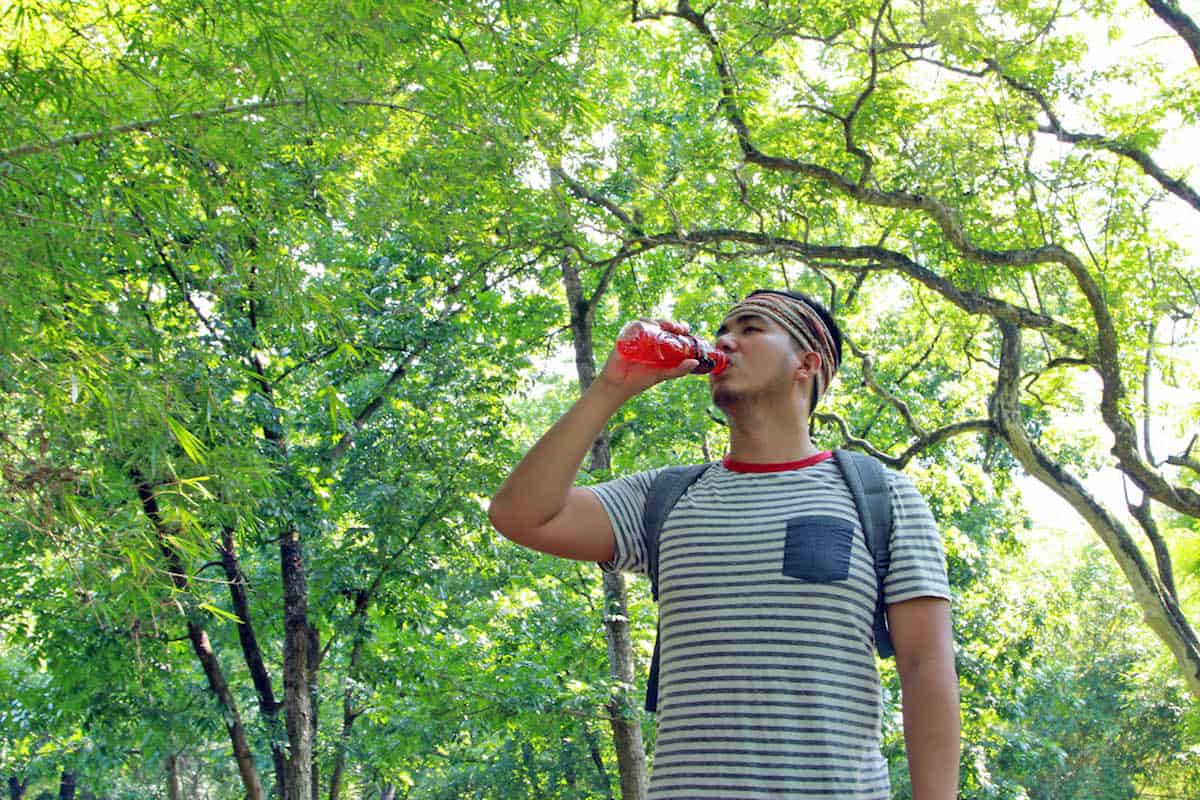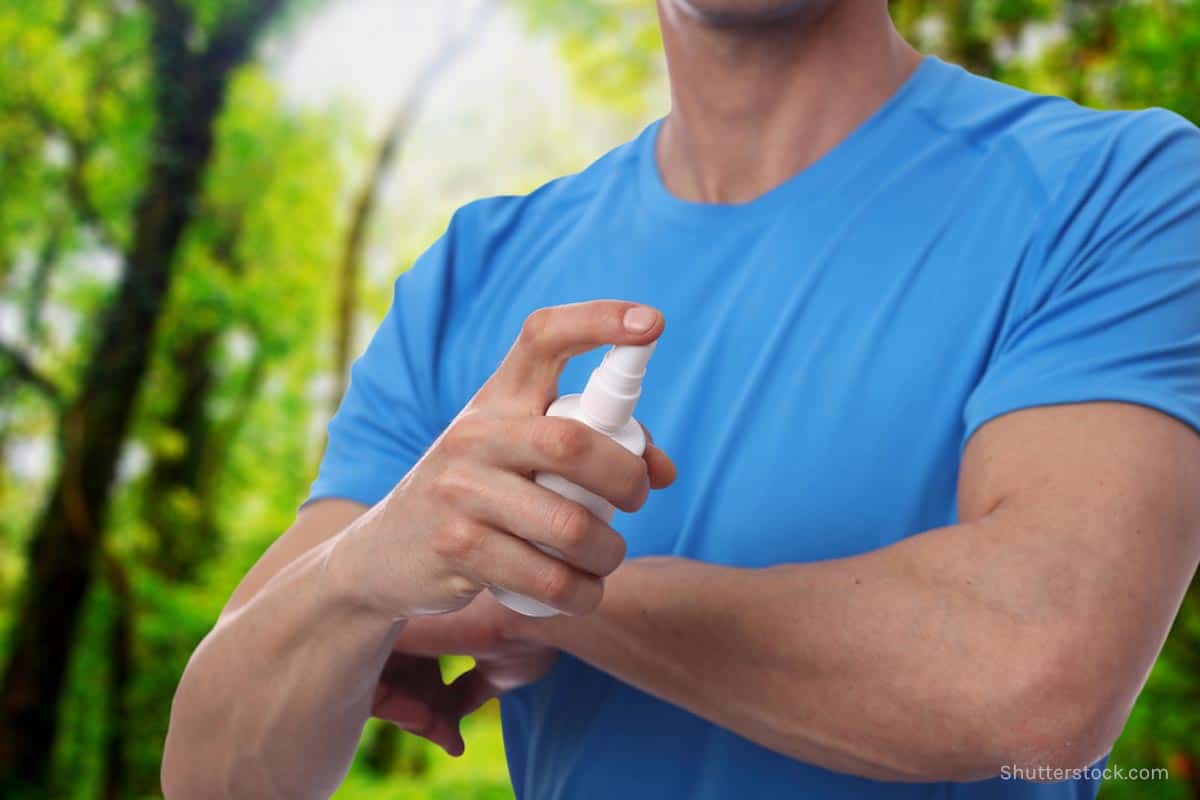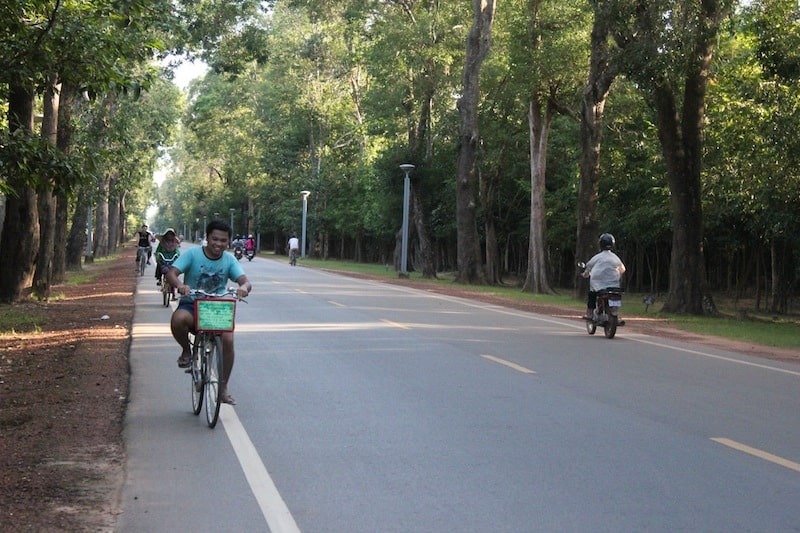When we pack for a trip, we usually just think about clothes, toiletries, gadgets. When we research, most of us simply check the weather and take note of directions. Too often, we forget about safety, we forget about our health. It’s surprising because we all know this: Nothing is more inconvenient than falling victim to an illness, attack, or accident when you’re far away from home.
We have more than our share of scares during travel. In this post, we’re listing down things that we always take for granted but shouldn’t because they could save our lives!
1. ENOUGH FLUIDS
Dehydration is a real threat when traveling. That’s why we always advocate drinking lots of water.But sometimes, a bottle of water isn’t enough. Backpacking can be a strenuous activity. Walking around in the heat with 30 kilos of luggage on your back is exhausting. Even something as seemingly harmless as sightseeing can take a toll on the body. Walking or biking under the sun FOR HOURS can be quite draining. You easily lose water as sweat — as much as 1.4 liters per hour — during heavy exercise, and along with it are minerals that the body need to function properly. Dehydration affects brain-to-muscle communication, too.

Coconut juice is good, too, but it’s not widely available everywhere. It also spoils easily.

Yet, mosquitoes are not confined in the wilderness. They’re everywhere: bus terminals, parks, eateries. It’s good to always have something to repel them.

Injury-related items aren’t the only things you should prepare. If you have certain allergies, bring your meds. Diarrhea is also common when you’re on the road, so bring Loperamide too. Painkillers might be of use too. A typical first-aid kit doesn’t weigh much! And it should be a packing staple!
But that only works if you have battery power. Most smartphones would last only a day, and there are instances when that’s not enough. The last thing you want is not being able to use it just when you need it the most. A powerbank would ensure you have enough juice to keep your phone alive in case something untoward happen.
5. MEDICAL ID
2. INSECT REPELLENT LOTION

Yet, mosquitoes are not confined in the wilderness. They’re everywhere: bus terminals, parks, eateries. It’s good to always have something to repel them.
3. FIRST AID KIT

Injury-related items aren’t the only things you should prepare. If you have certain allergies, bring your meds. Diarrhea is also common when you’re on the road, so bring Loperamide too. Painkillers might be of use too. A typical first-aid kit doesn’t weigh much! And it should be a packing staple!
4. POWER BANK
Gone are the days when mobile phones were used only for calling and texting. In this day and age, your smartphone can be the most powerful tool you have especially when traveling. You can use it for research, navigation, or entertainment.But that only works if you have battery power. Most smartphones would last only a day, and there are instances when that’s not enough. The last thing you want is not being able to use it just when you need it the most. A powerbank would ensure you have enough juice to keep your phone alive in case something untoward happen.
5. MEDICAL ID
This one, you don’t even need to buy from any store. It only takes a bit of your time. List down all important details about your health and print it out:
- Your name
- Birth Date
- Blood Type
- Weight
- Height
- Allergies and Reactions
- Medications you’re currently taking (including vitamins)
- Organ Donor status
- Any medical condition you have (hypertension, diabetes, etc.)
- Emergency Contact Name, your relationship with them, and their contact number
If you have an iPhone, you can set up your MEDICAL ID. Just go to your HEALTH app, click on MEDICAL ID on the bottom right corner of the screen, and accomplish the form.







No comments:
Post a Comment